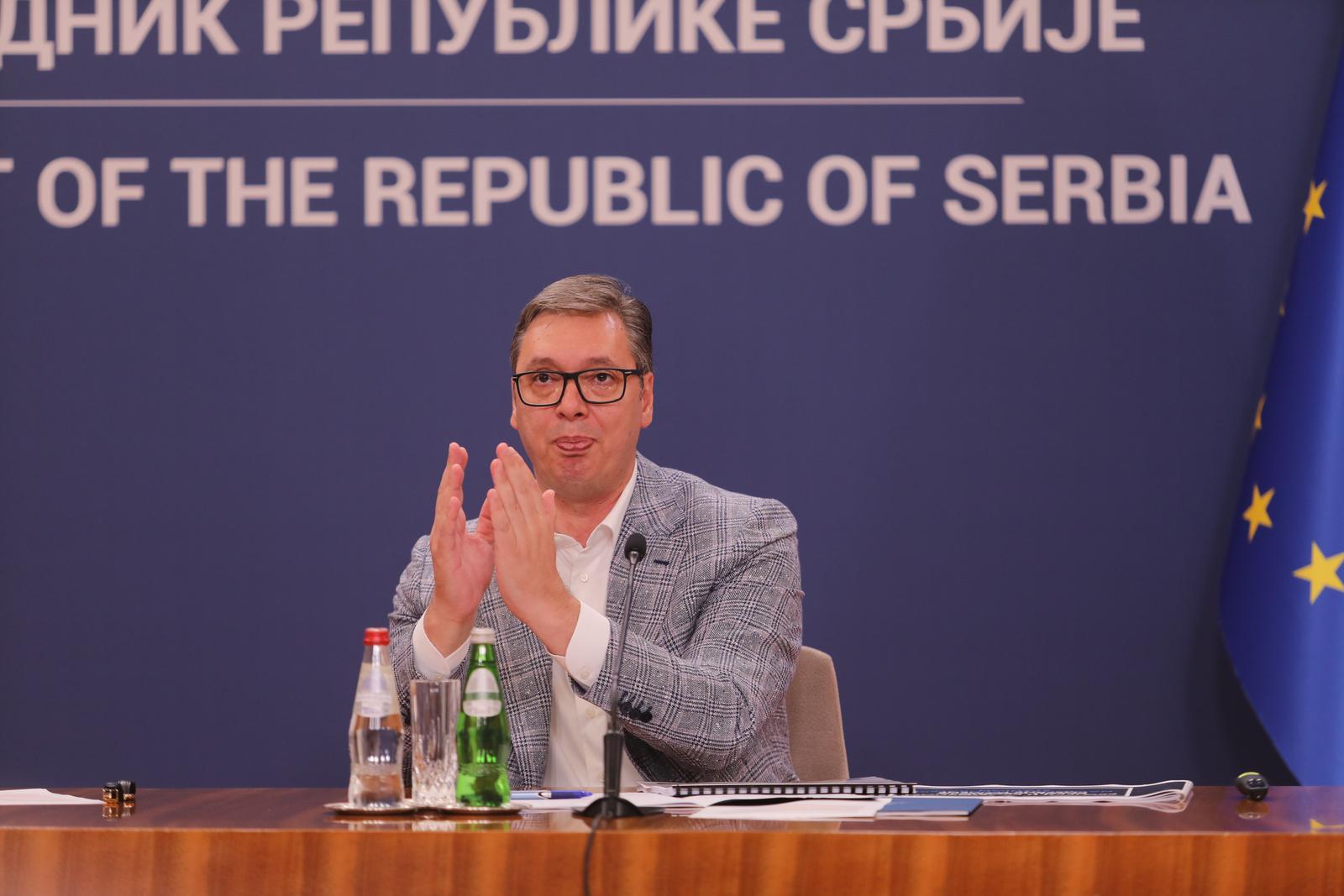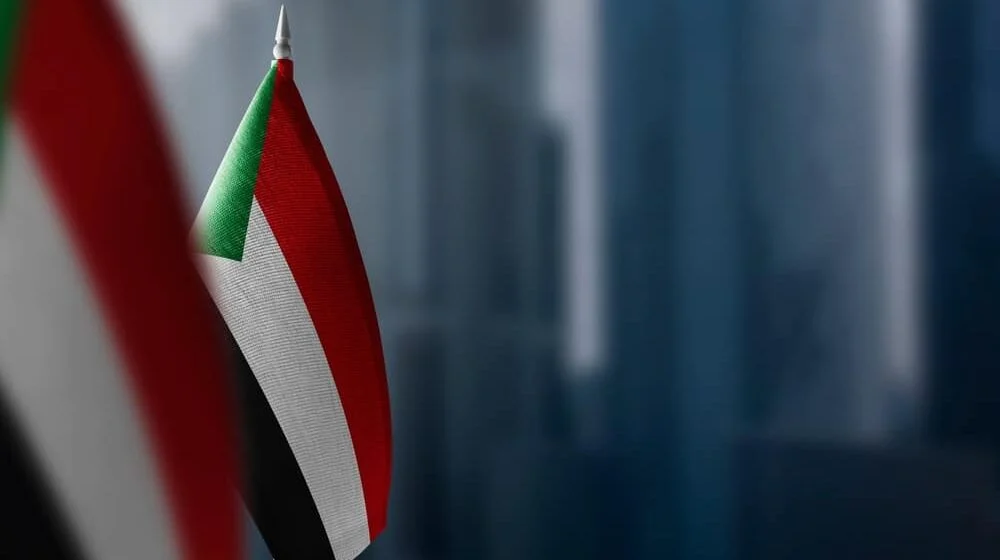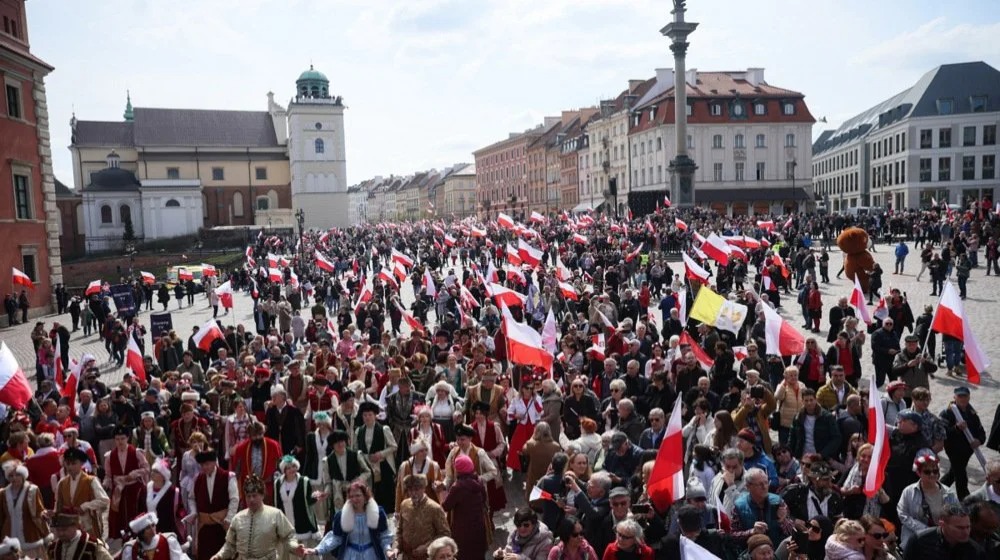
“Until now, political influence on Vučić has been minimal”: What Bloomberg writes about protests in Serbia
Lazar and Tara, two students of the University of Belgrade in their early twenties, clearly remember how the protests began for them, writes Bloomberg.
It was in November last year, after the tragedy at the Railway Station in Novi Sad that claimed 16 lives, sparking anger. The police clashed with some of their peers from the drama school who had blocked a boulevard in the Serbian capital.
The protest movement was more spontaneous than organized. Yet, ten months later, demonstrations against President Aleksandar Vučić and the government are still ongoing, with new violent scenes breaking out during the summer and revealing an anger that bodes ill for Europe – reports Danas.
Protesters claim that Aleksandar Vučić is undermining democracy, allowing corruption and cronyism to flourish, and are demanding early elections.
But what they want to happen afterward is far from clear in a country that has received a lot of money from the European Union, whose leadership courts Brussels, yet where polls are only now showing that only a third of people want to join that bloc.
Disillusionment in Serbia contrasts with anti-government movements in Hungary, Slovakia, and other parts of the region, which are led by pro-European opponents of nationalist leaders.
Student activists in Belgrade, who identify only by their first names and take turns speaking on behalf of the group, say they do not care from which side of the political spectrum they get support. They say they are organizing with one goal – to get rid of the current government in Serbia.
“The primary goal is regime change,” said Lazar, one of the activists, in an interview at a Belgrade café. “If it comes to the point where a liberal student movement has to cooperate with right-wing parties in a coalition, that’s the price our candidates or authorities are willing to pay. It all depends on the outcome of the elections.”
The protests are the largest in Serbia since the time of authoritarian leader Slobodan Milošević, damaging the country’s reputation as a stable and profitable place for business. The central bank warned there is a risk that unrest could affect investments.
Control over much of the executive and legislative powers, and even parts of the judiciary, has been used by Vučić to attract investments, especially from the EU and China, and to launch an unprecedented economic boom. Donald Trump’s son-in-law, Jared Kushner, has the Serbian government’s blessing to build a $500 million Trump hotel in Belgrade.
Vučić stands firm. He blames what he calls 23,000 unauthorized gatherings for disturbing order in the country, which during his 11 years in power has sought to balance its relations with Brussels, Beijing, and Moscow.
The scale of the protests has declined from a peak of 300,000 people to sometimes just a few hundred. Students who had barricaded themselves at universities and relied on food donations from the public have mostly returned to lectures. There were also counter-protests in front of the presidential palace in Belgrade in support of Vučić.
But anger runs deep, with regular clashes with authorities and accusations of police brutality. Opposing groups clashed in several cities in August and held rival demonstrations this month.
“We are in a situation where neither side, no matter how optimistic they sound in public, has enough strength to turn things in their favor,” said Bojan Klačar, director of the Belgrade-based Center for Free Elections and Democracy. “It’s like two boxers in the 12th round unable to knock each other out.”
For Europe, there is a risk it cannot allow Serbia to slip out of its orbit. Serbia is a key pillar of the Balkans, and EU leaders say that Union membership is crucial to counter Russian and Chinese influence in this unstable region.
Research published by Eurobarometer on September 2 showed that there is general support for EU accession in the region, except in Serbia. Only 33 percent of respondents want membership, compared to 91 percent in Albania and 69 percent in North Macedonia.
“While a good part of Serbian citizens are critical of Vučić’s regime, they also seem equally opposed to Serbia’s European future,” said Tonino Picula, the European Parliament’s special rapporteur for Serbia. “At the moment, there seems to be no consensus on which path Serbia should take, and that’s a serious problem for the country and its neighbors.”
Activists interviewed by Bloomberg see Vučić as a man who facilitates cooperation with Europe, since he has struck business deals on planned lithium supply or defense to gain support.
There is also the seemingly unsolvable issue of Serbia not giving up on Kosovo. Belgrade does not recognize the former province’s statehood, while EU membership requires the two countries to mend relations. While Vučić is criticized abroad for fueling tensions with Kosovo, at home many protesters see him as a leader who has failed to protect the shrinking Serbian population there.
Tara said that the country must respect its own Constitution, which defines Kosovo as part of Serbia. “The student movement would not sacrifice Kosovo,” she added.
“We don’t have EU flags for the same reason we don’t carry Russian, Ukrainian, Israeli, or Palestinian flags,” said Lazar.
“Our demands are focused on domestic issues, to finally see the proper functioning of institutions.”
When elections are announced, Lazar and Tara say the demands regarding economic policy, defense, and relations with Kosovo will be clearer. Key decisions should be made by Serbs in a referendum. The movement may currently resemble the radical left, but that can change, they say.
This makes the activists a difficult political opponent. Vučić said that the students’ initial demands were met: an investigation into the Novi Sad accident was carried out, the prime minister resigned in January taking responsibility, and education funding was increased. But he claims that the protesters are not interested in democratic change.
Many of them, he said at a rally on September 7, are “criminals in masks” who attack the police, dismissing allegations of brutality by individual officers. The demand for early elections is false and aims to stir up more unrest, he said. “They want to come to power without elections and, if possible, to do everything to make Serbia stumble, to weaken Serbia,” Vučić said.
While Vučić refuses to yield, he said that elections will be held before the 2027 deadline. For their part, protesters say they are vetting potential candidates in order to have a list of 250 deputies ready for any early elections.
So far, political influence on Vučić has been minimal, despite apparent impressions. Polls of the main parties show no significant drop in his popularity in Serbia, and he still enjoys the support of EU leaders because he is a known and predictable figure, according to Western officials speaking on condition of anonymity.
“We are now in a stalemate,” said Florian Bieber, professor of Southeast European history and politics at the University of Graz, Austria. “Vučić controls all institutions, protesters control the streets. They are in a deadlock. We have no idea how this will end.”





